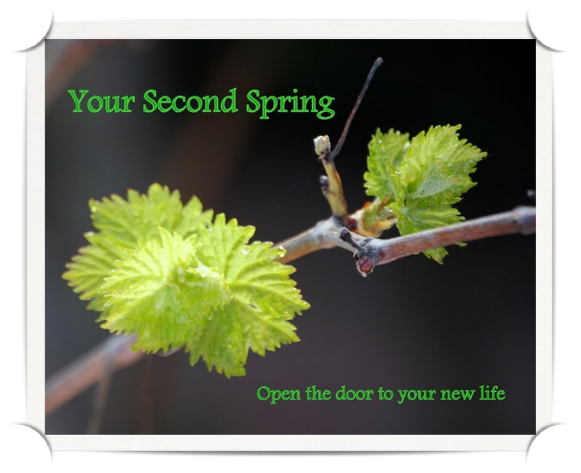Like I mentioned gardening is the perfect antidote to stressful life. It teaches you patience, encourages optimism and, when our efforts pay off, rewards us with unexpected delight. Just 20 to 30 minutes spent pottering can restore your spirits and bring an element of calm and satisfaction to your day. And best news is you don't have to be an expert to grow you own health-giving herds.
Tuesday, April 5, 2011
GET YOUR HANDS DIRTY...
The spring is here... it is time to get your hands dirty and start a small garden...It is an antidote for stress as well. A little water, some fresh air, seeds and sunlight. That's all it takes to create a restorative refuge from life's demands.
Like I mentioned gardening is the perfect antidote to stressful life. It teaches you patience, encourages optimism and, when our efforts pay off, rewards us with unexpected delight. Just 20 to 30 minutes spent pottering can restore your spirits and bring an element of calm and satisfaction to your day. And best news is you don't have to be an expert to grow you own health-giving herds.
Like I mentioned gardening is the perfect antidote to stressful life. It teaches you patience, encourages optimism and, when our efforts pay off, rewards us with unexpected delight. Just 20 to 30 minutes spent pottering can restore your spirits and bring an element of calm and satisfaction to your day. And best news is you don't have to be an expert to grow you own health-giving herds.
Where to plant
Herbs love sunny spots where they aren't exposed to too much wind. A sheltered patch of 2m x 1m on sunny side of the wall, for the urban living you can use the balcony, but if you are pressed with space, herbs also flourish in window boxes and pots.
What to plant
What are your favorite herbs and which ones you use the most when cooking? Parsley, mint, basilica, rosemary, lemon balm, coriander, lavender, camomile etc. Or try other ones, you can make one pot for your culinary use, one medicinal, one aromatic and one for flowering.
How to plant
If you don't have any pots, go to a nursery shop, where you can also find your seeds or small plants that you can replant. Buy pots that have a whole in the bottom and if you keep your pots in your balcony or inside get a plate under the pot that water does not run on the floor. On the bottom of your pots and containers put some stones or gravel and then good quality soil to ensure adequate drainage. Herbs grow best on a slightly alkaline soil, so if you think your soil is too acidic, neutralize it with some lime juice. If you are planting a bed, place large perennials for a screen. Plant annuals and low-growing herbs in the front, along with those you are likely to pick most regularly. Newly planted herbs needs lots of water, but ones they are established, they are naturally drought resistant. Water when the top 3cm of soil is dry to the touch.
Caring for your plants
Fertilise your plants ones a month. Ask some advice from your nursery but use only organic fertilizers.
Picking and using your herbs often means pruning time is greatly reduced.
Subscribe to:
Post Comments (Atom)





















No comments:
Post a Comment
Dear Reader, your comments are impoetant to me...